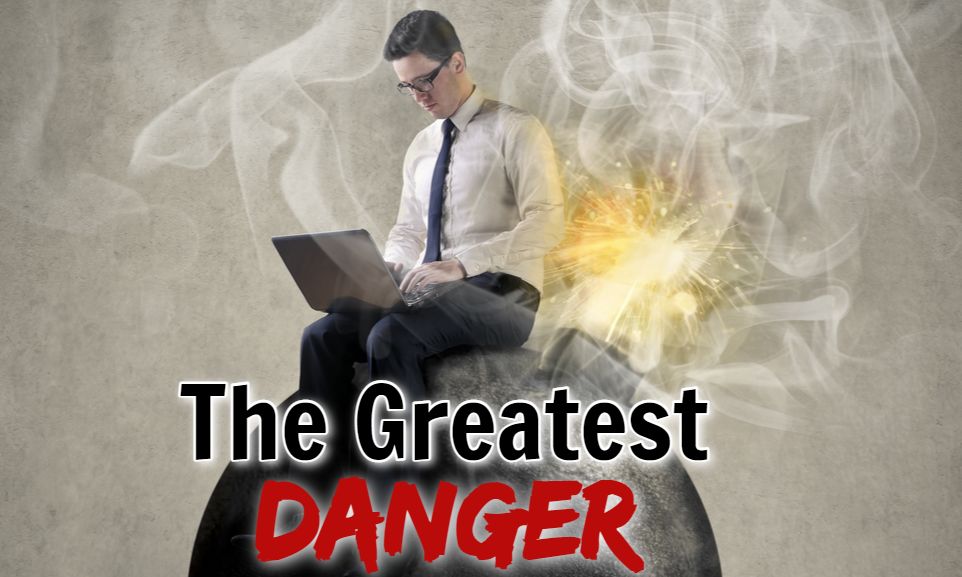
The Greatest Danger, Part 1
Tragedy after tragedy is hitting the world - each of us is truly in great danger. There are simple things you can do to protect you and your loved ones! A must read!

United in Tragedy – or Love?
In Meron, the holy Jews lost that warm May night were from around the world, and covered a large swath of religious Jewish life – Litvish and Chassidish of almost every stripe, Ashkenaz and Sephardic, you name it.
After the Karlin-Stolin bleacher collapse, the Rebbe said, “After Meron, I noted that none of my Chassidim were killed that night. In case we thought we were immune, now this happened.”
And now, Miami. A building situated smack in the middle of the Jewish community. This time, those involved in the tragedy span the length and breadth of the entire globe. And this time not only religiously observant Jews, but also Jews that span the spectrum of observance, plus many non-Jews, Americans and foreigners. For all of them we pray, for all of them we mourn, and as of the time of this writing, for all of them we wait. The world is focused on Miami, praying and waiting with baited breath – together.
At what point are we going to wake up and realize that G-d is expecting us to unite in love? If we won’t do it of our own free will, then G-d forbid tragedies will unite us and pull out of us the precious commandments of loving each other, helping each other and standing together as one.
It’s our choice!
That is why Rabbi Arush’s 30 minutes a day praying that there should be love within the Jewish people, and no more arguments, fighting and disagreements on every scale, is so important. That’s why these prayers can stave off harsh decrees!
Anyone who chooses to take from their hectic schedule an entire 30 minutes (or 15 minutes for those whose time isn’t their own, like busy working moms like me) is actively saying to Hashem – “I choose love without tragedies! I’m not waiting for the fourth strike! G-d, please help us all to love each other and treat each other with respect NOW!” Such a person has already woken up; G-d willing they won’t need any more harsh wake-up calls.
These wake-up calls are no longer whispers, and not alarms. Not knocks, not slaps, and not even punches – but what Rabbi Arush calls “kicks to the face”!
I shake every time Rabbi Arush says, “G-d forbid, oy, to think what will come next if we don’t wake up already now.” If we’ve already gotten 3 kicks to the face, which has resulted in the probable deaths of more than 200 people – then what does it look like for G-d to kick us out of bed altogether? I for one, don’t want to know.
Has G-d Abandoned Us?
Now I want to turn the focus to the undercurrent that many people have expressed. Most notably, a recent Shwekey song dedicated to the 45 killed in Meron which quotes from Psalms, “My G-d, My G-d, why have You abandoned me?”
Rabbi Arush mentions in The Garden of Gratitude that judging G-d’s actions as bad for us, when the truth is that Hashem only does good for us even if it is often not revealed, brings on the worst judgements of them all. This is the root of the Sin of the Spies, which resulted not only in the demise of almost all of the men of the generation of the desert, but also was the root cause of the destruction of both the First and Second Temples, which were both destroyed on that same fateful night, the 9th of Av.
In the same class, Rabbi Arush also brought a quote from the Zohar. He summarized the Zohar as explaining that the Jews are constantly protected by Hashem in this long exile, and that if G-d removed His Divine protection from us, then we would not remain even one single day. However, Hashem asks of us just one thing in exchange for this protection – that we should remember that it is He Who is protecting us! If we recognize that no matter what happens, Hashem is our loving Father in Heaven who protects His children and everything that happens is coming from His love for us, even if it isn’t understandable – then He does indeed protect us and watch over us like any human father does. But if we think that G-d has left us and abandoned us, G-d forbid, then Hashem responds in kind, G-d forbid.
Hence, it is of utmost importance to remain strong in our emuna that everything that is happening is still coming from Hashem, who loves us, and for our ultimate and eternal best. I don’t understand, I only believe, that everything is for the very best! Just keep singing it until it sinks in, and repeat as often as needed.
Otherwise, we are unwittingly falling into the root sin of complaining, which caused us to cry for generations and Hashem warns us will cause us to continue to cry, G-d forbid!
Never forget that when the Jews in the desert wondered aloud, even while experiencing Hashem’s protection and miracles, “Is G-d with us, or not?” the first thing that happened, was that Amalek attacked them.
Amalek is still lurking in our days and we are fighting a bitter war with him – more on that in the next article, The Greatest Danger, Part 2.
***
Rachel Avrahami grew up in Los Angeles, CA, USA in a far-off valley where she was one of only a handful of Jews in a public high school of thousands. She found Hashem in the urban jungle of university. Rachel was privileged to read one of the first copies of The Garden of Emuna in English, and the rest, as they say, is history. She made Aliyah and immediately began working at Breslev Israel.
Rachel is now the Editor of Breslev Israel’s English website. She welcomes questions, comments, articles, and personal stories to her email: rachel.avrahami@breslev.co.il.





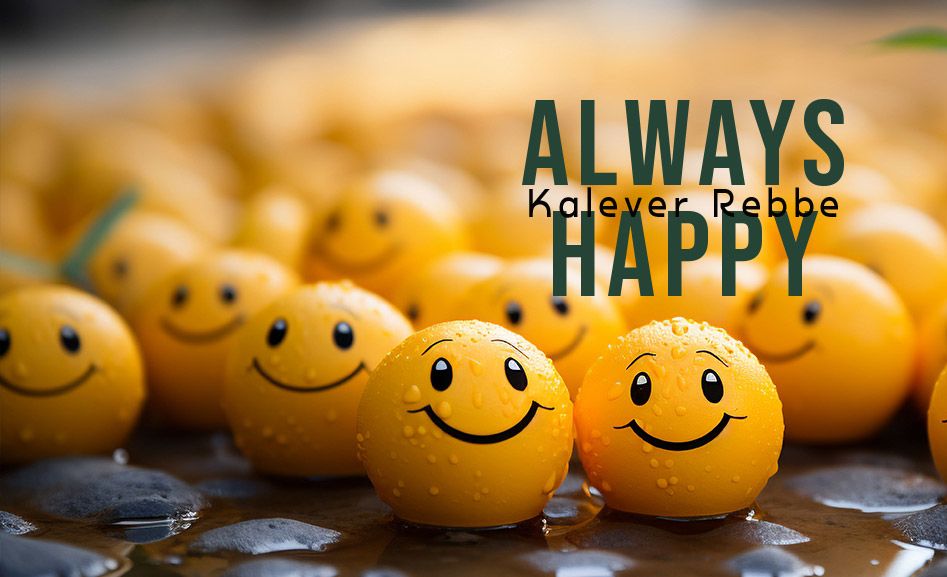
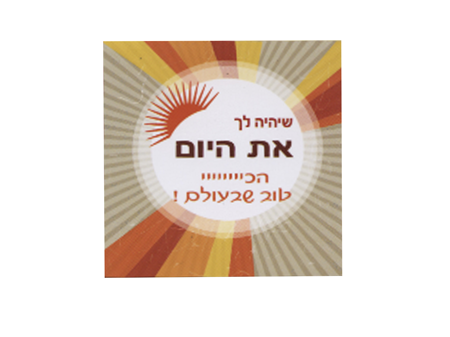
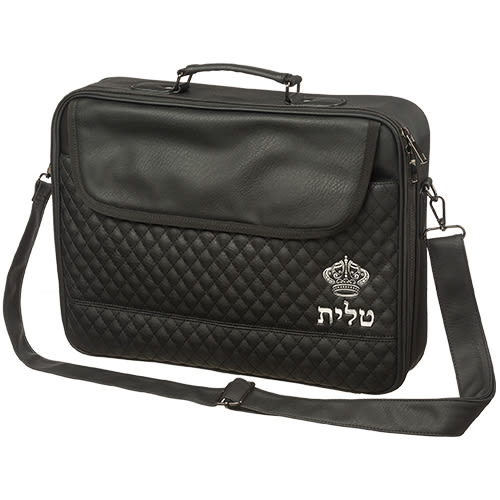
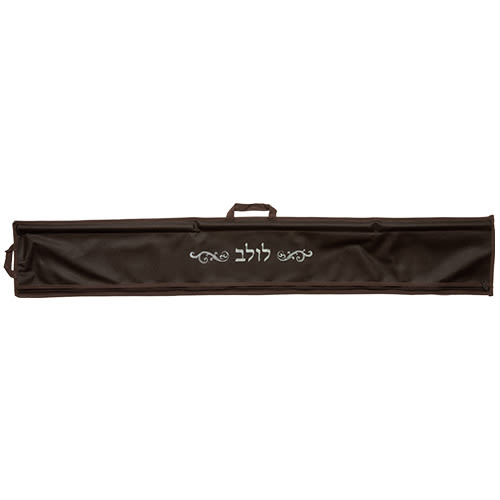


Tell us what you think!
Thank you for your comment!
It will be published after approval by the Editor.